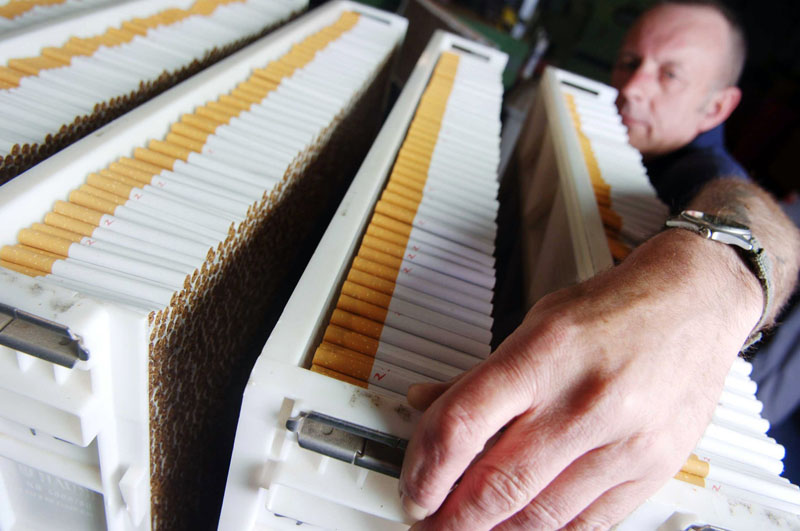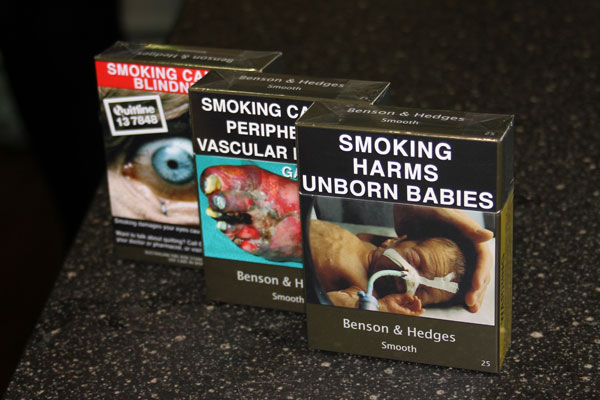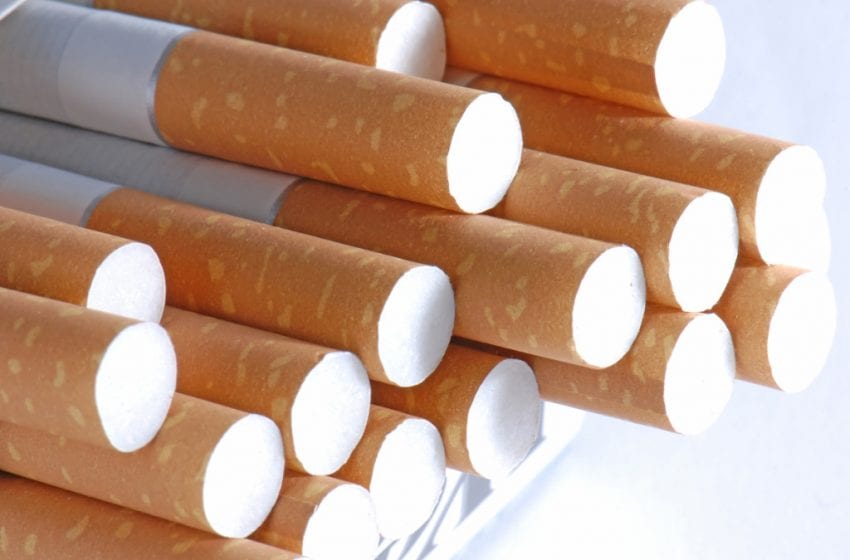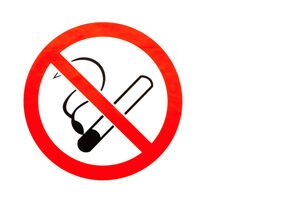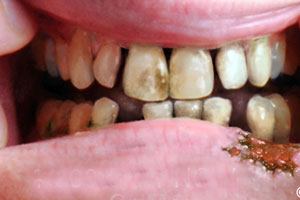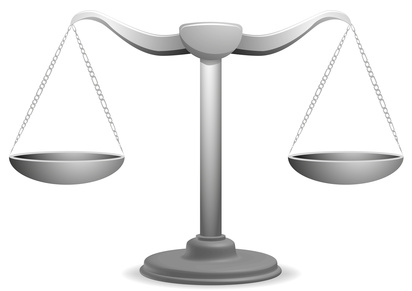While Malaysia has been debating long and hard over whether to reintroduce 10-piece packs of cigarettes, in part to help combat a rising illegal trade, illegal traders have been busy introducing 25-piece packs to the market, according to a story in The Independent Singapore.
The chairman of the Malaysia-Singapore Coffeeshop Proprietors General Association (MSCSPGA) Ho Su Mong was quoted as saying that these bigger packs had been
gaining converts, which could mean that smokers of illicit cigarettes were now smoking more than they used to do.
The MSCSPGA was said to have lambasted the authorities for closing their eyes to the illegal trade in cigarettes. It was quoted as saying that while the authorities squabbled over how to curb sales of illicit cigarettes, more young people were being drawn toward these cheaper products.
The association says the government should allow the sale of 10-piece packs of cigarettes as a pragmatic tool to address the illegal cigarette trade and reduce smoking overall.
In addition, the association is urging NGOs to take into consideration that the authorities, including the Ministry of Health, have said that the incidence of smoking, especially amongst young people, had gone up over the years due to the widely-accessible and affordable illicit cigarettes.
“By not addressing this reality, NGOs are only helping the illegal cigarette trade to continue to flourish and harm the very people they want to protect,” said Ho.
“If we truly want to reduce overall smoking and accessibility, we need to fight the real threat which is illegal cigarettes.”

